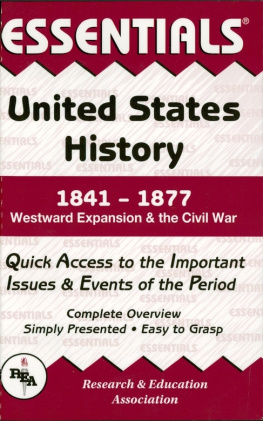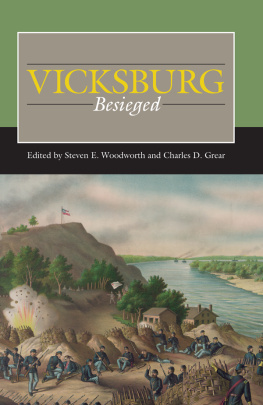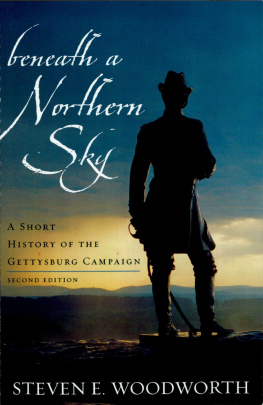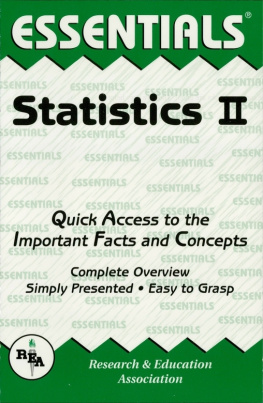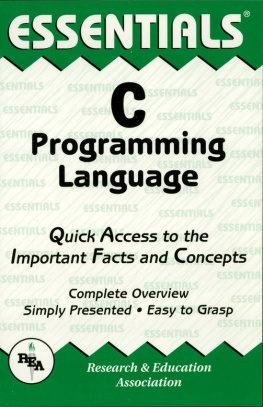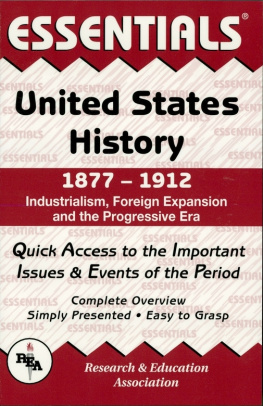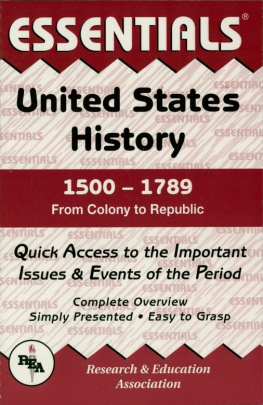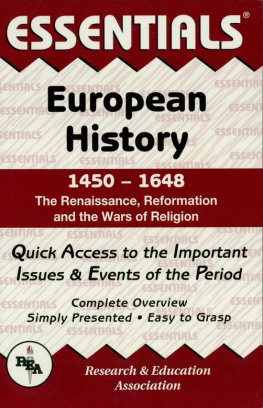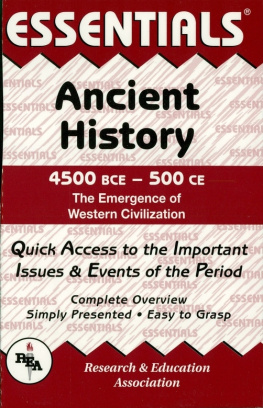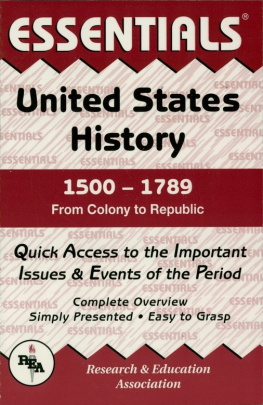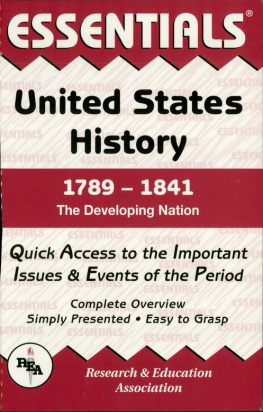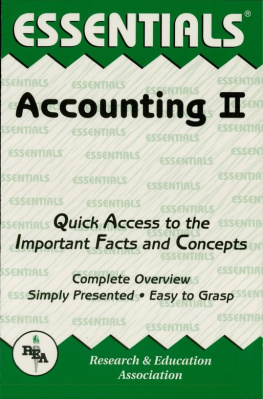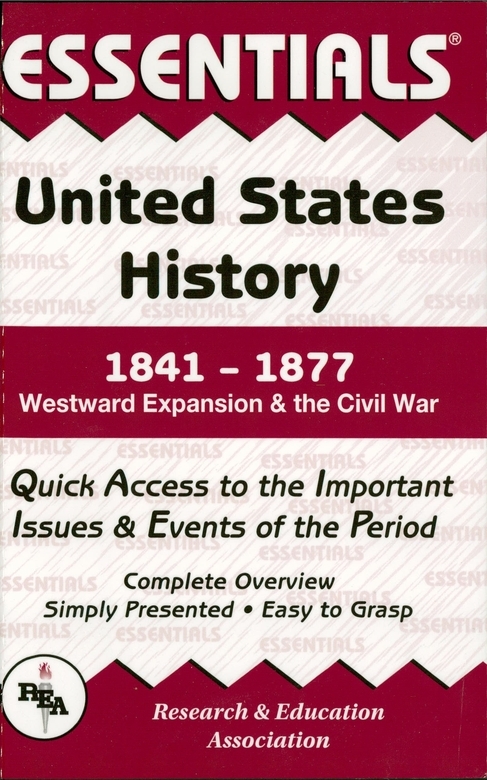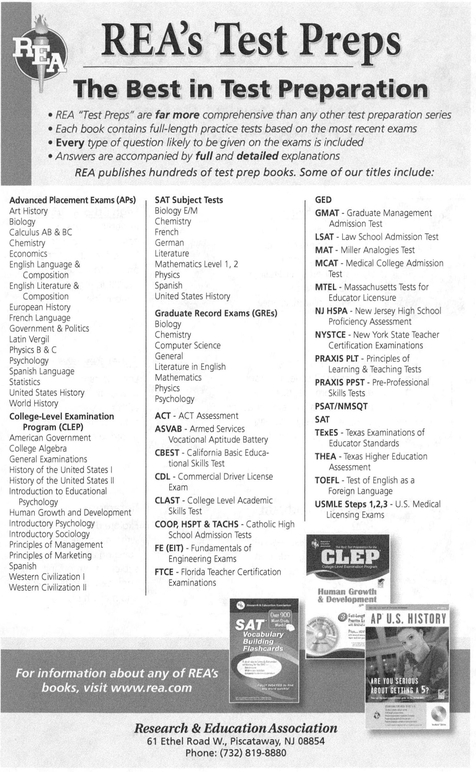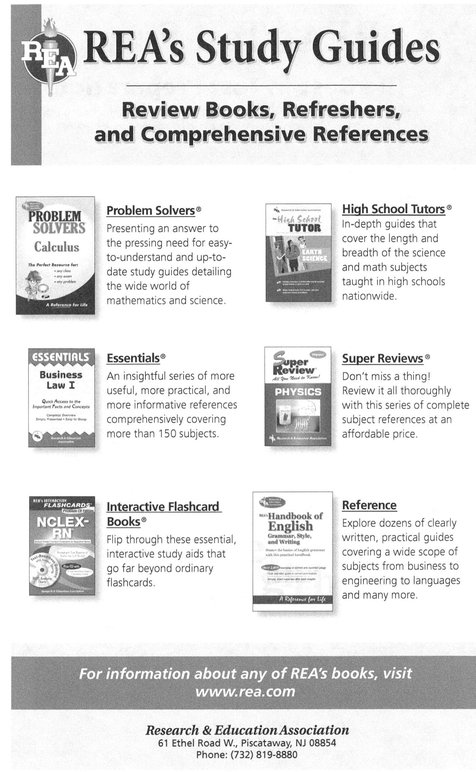1.1 TYLER AND THE WHIGS
When William Henry Harrison became president, he immediately began to rely on Whig leader Henry Clay for advice and direction, just as Clay had planned and expected he would. He appointed to his cabinet those whom Clay suggested, and at Clays behest he called a special session of Congress to vote the Whig legislative program into action. To the Whigs dismay, Harrison died of pneumonia just one month into his term, to be replaced by Vice President John Tyler.
A states-rights southerner and a strict constitutionalist who had been placed on the Whig ticket to draw southern votes, Tyler rejected the entire Whig program of a national bank, high protective tariffs, and federally funded internal improvements (roads, canals, etc.). Clay stubbornly determined to push the program through anyway. In the resulting legislative confrontations, Tyler vetoed a number of Whig-sponsored bills.
The Whigs were furious. Every cabinet member but one resigned in protest. Tyler was officially expelled from the party and made the target of the first serious impeachment attempt. (It failed.) In opposition to Tyler over the next few years the Whigs, under the leadership of Clay, transformed themselves from a loose grouping of diverse factions to a coherent political party with an elaborate organization.
One piece of important legislation that did get passed during Tylers administration was the Preemption Act (1841), allowing settlers who had squatted on unsurveyed federal lands first chance to buy the land (up to 160 acres at low prices) once it was put on the market.
1.2 THE WEBSTER-ASHBURTON TREATY
The member of Tylers cabinet who did not immediately resign in protest was Secretary of State Daniel Webster. He stayed on to negotiate the Webster-Ashburton Treaty with Great Britain.
There were at this time several causes of tension between the U.S. and Great Britain:
- The Canada-Maine boundary in the area of the Aroostook Valley was disputed. British efforts to build a military road through the disputed area led to reaction by Maine militia in a bloodless confrontation known as the Aroostook War (1838).
- The Caroline Affair (1837) involved an American ship, the Caroline, that had been carrying supplies to Canadian rebels. It was burned by Canadian loyalists who crossed the U.S. border in order to do so.
- In the Creole Incident, Britain declined to return escaped slaves who had taken over a U.S. merchant ship, the Creole, and sailed to the British-owned Bahamas.
- British naval vessels, patrolling the African coast to suppress slave-smuggling, sometimes stopped and searched American ships.
The Webster-Ashburton Treaty (1842) dealt with these problems in a spirit of mutual concession and forebearance:
- Conflicting claims along the Canada-Maine boundary were compromised.
- The British expressed regret for the destruction of the Caroline.
- The British promised to avoid officious interference in freeing slaves in cases such as that of the Creole.
- Both countries agreed to cooperate in patrolling the African coast to prevent slave-smuggling.
The Webster-Ashburton Treaty was also important in that it helped create an atmosphere of compromise and forebearance in U.S.-British relations.
After negotiating the treaty, Webster too resigned from Tylers cabinet.
1.3 THE TEXAS ISSUE
Rejected by the Whigs and without ties to the Democrats, Tyler was a politician without a party but not without ambitions. Hoping to gather a political following of his own, he sought an issue with powerful appeal and believed he had found it in the question of Texas annexation.
The Republic of Texas had gained its independence from Mexico in 1836 and, since most of its settlers had come from the U.S., immediately sought admission as a state. It was rejected because anti-slavery forces in Congress resented the presence of slavery in Texas and because Mexico threatened war should the U.S. annex Texas.
To excite American jealousy and thus hasten annexation, Texas President Sam Houston made much show of negotiating for closer relations with Great Britain. Southerners feared that Britain, which opposed slavery, might bring about its abolition in Texas and then use Texas as a base from which to undermine slavery in the American South. Other Americans were disturbed at the possibility of a British presence in Texas because of the obstacle it would present to what many Americans were coming to believe - and what New York journalist John L. OSullivan would soon express - as Americas manifest destiny to overspread the continent.
Tylers new secretary of state, John C. Calhoun, negotiated an annexation treaty with Texas. Calhouns identification with extreme pro-slavery forces and his insertion in the treaty of pro-slavery statements brought the treatys rejection by the Senate (1844). Nevertheless the Texas issue had been injected into national politics and could not be made to go away.
1.4 THE ELECTION OF 1844
Democratic front-runner Martin Van Buren and Whig front-runner Henry Clay agreed privately that neither would endorse Texas annexation and that it would not become a campaign issue, but expansionists at the Democratic convention succeeded in dumping Van Buren in favor of James K. Polk. Polk, called Young Hickory by his supporters, was a staunch Jacksonian who opposed protective tariffs and a national bank but, most important, favored territorial expansion, including not only annexation of Texas but also occupation of all the Oregon country (up to latitude 54 40) hitherto jointly occupied by the U.S. and Britain. The latter claim was expressed in his campaign slogan, Fifty-four forty or fight.

